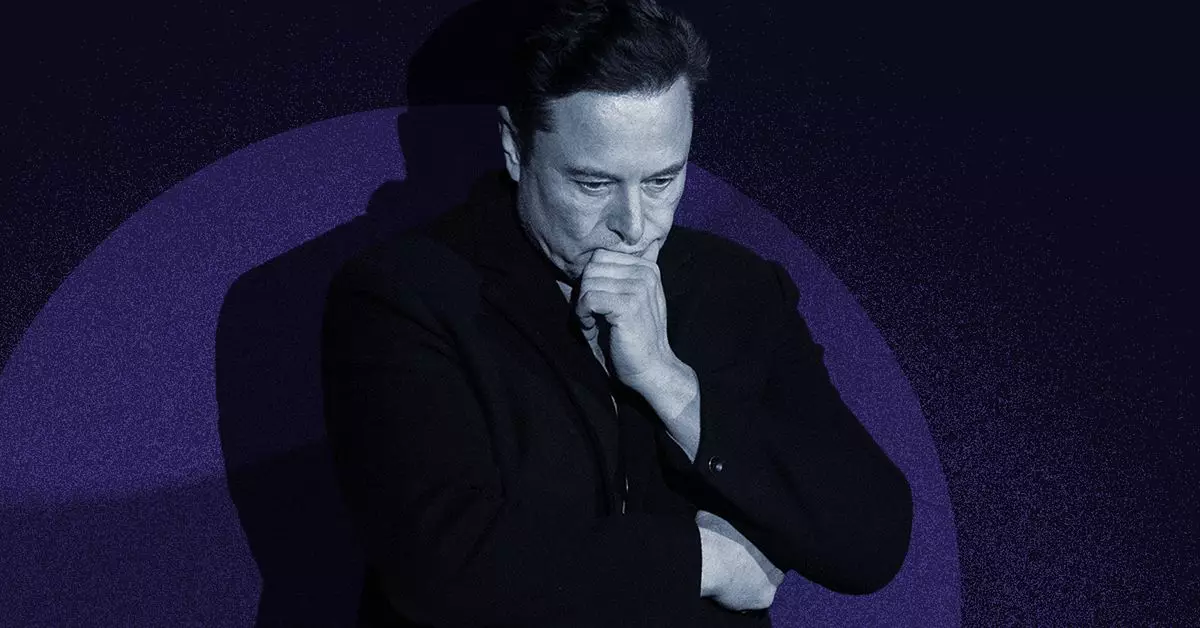As part of his multifaceted endeavors, Elon Musk has recently taken on a new role as the co-leader of the nebulous Department of Government Efficiency (DOGE) advisory group. From advancements in technology to the management of social platforms, Musk’s influence is undeniable. However, with this new initiative, he has sparked significant debate regarding the ethics and intentions behind targeting government employees, particularly in a climate where public discourse is increasingly weaponized.
Musk’s approach to engaging with his vast audience on X (formerly Twitter) brings to light the complex relationship between social media and public affairs. In a recent episode, he amplified a post regarding Ashley Thomas, a government employee whose role has been labeled by him as redundant—a sentiment echoed by some commentators. Musk’s remark, “so many fake jobs,” conveys not only disdain for certain government roles but also his ability to mobilize outrage among his followers. The immediate consequence of his action was an explosion of memes and targeted harassment against Thomas, resulting in her social media accounts being made private. This interaction poses serious questions regarding the safety and privacy of public servants when they become targets of an influential figure’s public musings.
The implications of Musk’s posts extend beyond mere jokes or criticism; they have the potential to create an environment of intimidation for federal employees. As highlighted by Everett Kelley, president of the American Federation of Government Employees, the ramifications of this online behavior can generate an atmosphere of fear among government workers. The strategy Musk employs—using powerful platforms to spotlight individuals and provoke backlash—draws parallels to previous instances of targeted harassment that he has instigated in the past. This raises ethical concerns about the boundaries between free speech and responsible discourse.
The increasing willingness of public figures like Musk to engage with government operations can be both a boon and a bane. The promise that Musk and DOGE co-lead Vivek Ramaswamy will carry out much of their work transparently—through polls or public discussions—could foster accountability. However, it could also cultivate a hostile environment where employees become scapegoats in the larger narrative of governmental inefficiency. By turning civil servants into subjects of ridicule, these tactics risk undermining public faith in institutions that are essential to societal function.
As Musk leads the charge in this new era of government scrutiny, society must grapple with the ramifications of his approach. The polarized responses to Musk’s actions highlight a significant challenge in the context of digital communication: how to balance the right to free expression with the moral obligation to protect individuals from harassment and undue criticism. The case of Ashley Thomas serves as a poignant reminder of the vulnerabilities faced by those in public service, emphasizing the need for a more respectful and constructive discourse in all corners of civic life.

